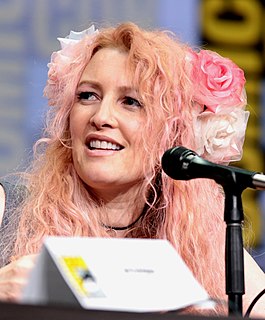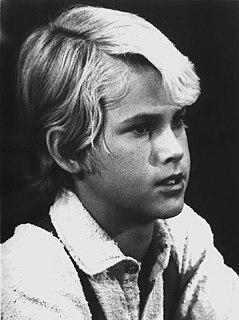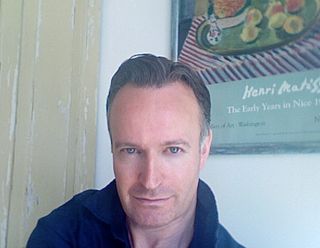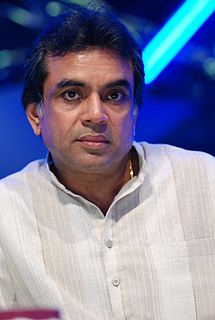A Quote by Jane Goldman
If you're writing a novel, you can afford to see where the spirit takes you, but in terms of structure and engineering with a screenplay, you have to be quite pragmatic; otherwise, it will run away from you.
Related Quotes
Well, I kind of approach both of them similarly in (that) I always see it as a movie first because that's my background. Cindy Kelley, who has been my writing partner on my novels, she works more on the prose side and the description side of the storytelling because, obviously, there's a lot more of that in a novel than in a screenplay. You only have up to 120 pages in a screenplay.
I don't like to think in terms of writing ten or twelve pages a day. Usually I'm writing a scene, and it's always with the idea, "I wonder what is going to happen." Or sometimes I write about something that affected me emotionally the day before and that I don't want to lose. I'm very unorganized at first; but finally it comes into a structure where consciously I'm working on a novel per se.






































